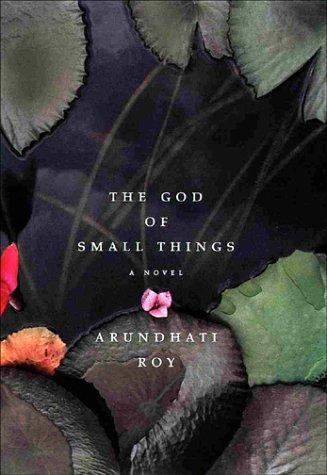The small things loom large
3 stars
A portrait of a family in 1960s India, elegantly observed; the blurb says 'lyrical' and that's probably the best descriptor for Roy's style. But I found the increasing use of mid-sentence capitalization to highlight the Important Things toward the end a bit offputting, particularly when combined with a host of other choices such as phonetic spellings. Nearly a 4/5
A portrait of a family in 1960s India, elegantly observed; the blurb says 'lyrical' and that's probably the best descriptor for Roy's style. But I found the increasing use of mid-sentence capitalization to highlight the Important Things toward the end a bit offputting, particularly when combined with a host of other choices such as phonetic spellings. Nearly a 4/5






